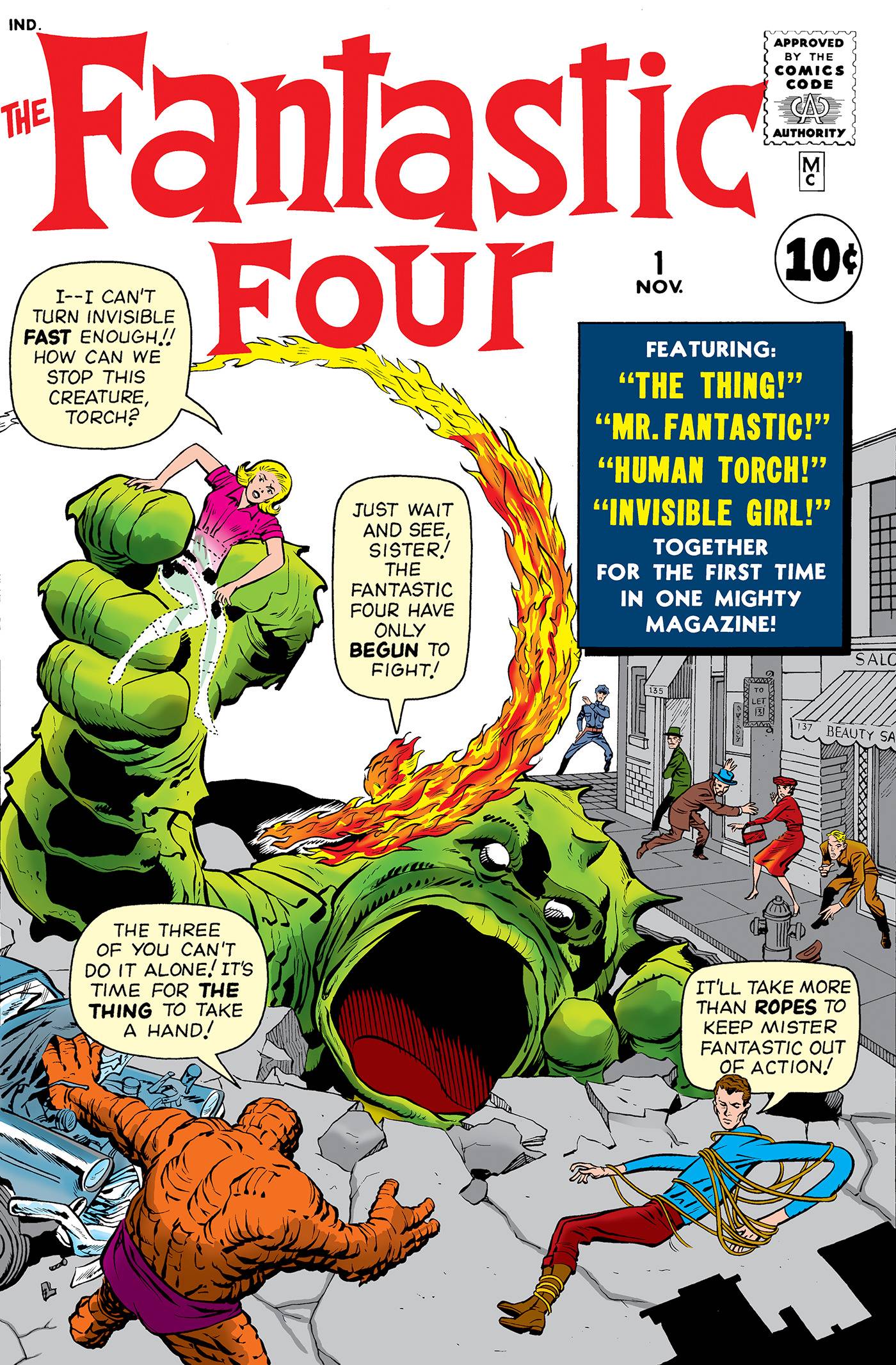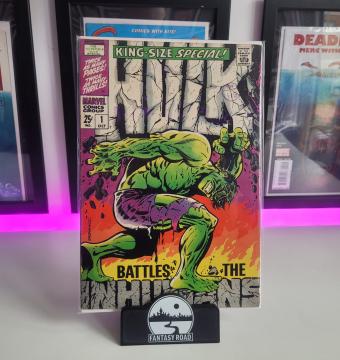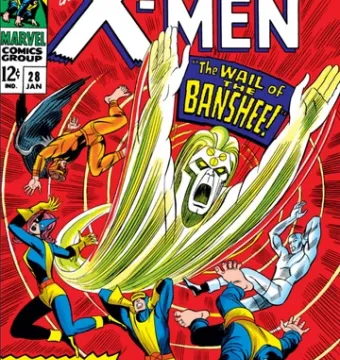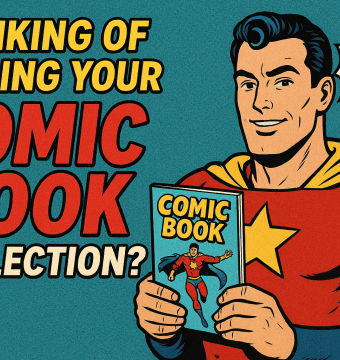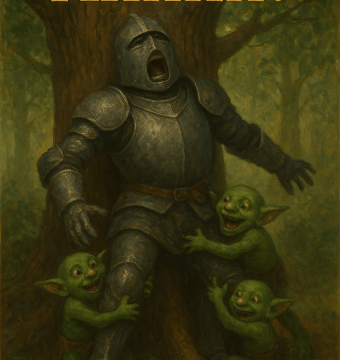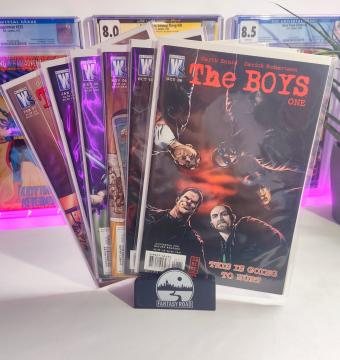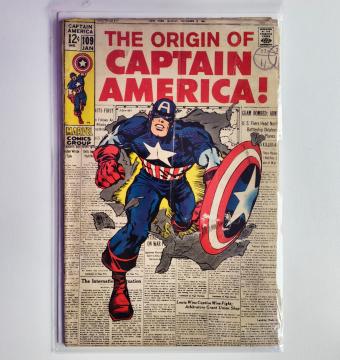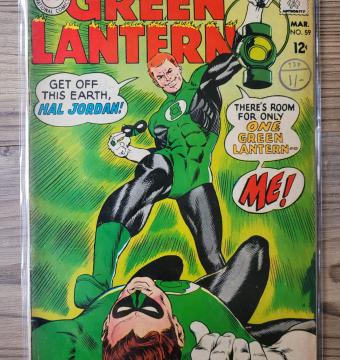In the past few decades, comic books have made a profound impact on modern cinema, transitioning from niche interests into mainstream cultural powerhouses. The rise of comic book adaptations has transformed the global film industry, turning once obscure characters into household names and redefining how stories are told on the big screen. This article will explore the journey of comic books from the printed page to cinematic dominance, their cultural significance, and why these stories resonate so deeply with audiences worldwide.
The Golden Age: From Pages to Screens
The relationship between comic books and cinema began in the mid-20th century. The Golden Age of Comics (1938–1956) saw the introduction of iconic superheroes such as Superman, Batman, and Wonder Woman. Though early adaptations were mostly animated series or low-budget serials, the seeds for a larger movement were planted.
As special effects technology advanced, filmmakers were finally able to bring these larger-than-life characters and their fantastical worlds to life. The 1978 release of Superman: The Movie marked a pivotal moment for superhero films, proving that comic book adaptations could be financially viable and critically acclaimed. It wasn’t just about flashy costumes and action sequences—it was about capturing the essence of heroism, hope, and human struggle.
The Marvel and DC Era: Shaping Modern Blockbusters
By the 2000s, comic book movies entered a new era, led by Marvel Studios and DC Films. The creation of interconnected cinematic universes, starting with Marvel's Iron Man in 2008, fundamentally changed the industry. No longer were comic book movies stand-alone experiences; they became part of an intricate, serialized narrative that spanned multiple films.
This era also introduced the concept of post-credit scenes, encouraging audiences to stay seated through the credits to catch glimpses of what was to come. Such techniques, borrowed from the serialized storytelling of comic books, not only kept fans engaged but also mirrored the cliffhanger endings common in comic series.
Characters like Iron Man, Thor, Captain America, and Black Widow, who were lesser-known in mainstream media, became beloved icons. The Avengers films, particularly Avengers: Endgame (2019), solidified the superhero genre as a cornerstone of modern cinema, grossing billions at the box office and demonstrating the lasting appeal of comic book stories.
Themes and Archetypes in Comic Book Cinema
At their core, comic books are modern mythologies. They feature timeless themes of good vs. evil, sacrifice, redemption, and the hero’s journey. These stories are deeply rooted in our collective consciousness, which is why they have translated so effectively onto the screen.
One of the most significant influences of comic books on modern cinema is the exploration of complex moral dilemmas. Characters like Batman, Wolverine, and Spider-Man are not just defined by their powers but by their struggles with personal demons, loss, and responsibility. These nuanced character arcs have allowed comic book movies to resonate with audiences beyond the traditional superhero fanbase, appealing to those seeking deeper, more human stories.
Expanding Beyond Superheroes
While superhero movies dominate the comic book adaptation scene, many films have explored other genres. Movies like 300, based on Frank Miller's graphic novel, brought stylized violence and historical re-imaginings to the forefront. Sin City and Watchmen demonstrated how visually striking and narratively complex comic adaptations could be, even without caped crusaders.
Additionally, The Walking Dead, originally a comic series by Robert Kirkman, became one of the most successful television franchises in recent history. Its exploration of survival, humanity, and morality in a post-apocalyptic world captured audiences globally, proving that comic book adaptations are not limited to superhero stories.
The Global Impact of Comic Book Films
The global appeal of comic book films cannot be overstated. These movies have transcended cultural boundaries, reaching audiences of all ages, genders, and nationalities. The diverse representation seen in recent films such as Black Panther and Wonder Woman has further cemented the genre’s relevance, as these films broke ground in portraying superheroes of different ethnicities and genders.
The success of these films has led to a ripple effect across the entertainment industry. Streaming platforms such as Netflix and Amazon Prime have jumped on the bandwagon, creating shows like The Umbrella Academy and The Boys, each adapted from comic book series and enjoying tremendous popularity. This shift shows that comic books are not just influencing big-budget blockbusters but are also shaping the future of serialized entertainment.
The Future of Comic Book Films
With the success of comic book films showing no signs of slowing down, the future promises to be even more exciting. As technology continues to advance, directors and producers can push the boundaries of storytelling even further. Virtual reality (VR) and augmented reality (AR) could provide new immersive experiences, allowing fans to step into the shoes of their favorite characters.
Moreover, the rise of independent and lesser-known comic book publishers offers fresh stories and perspectives. As the film industry becomes more inclusive, we can expect to see adaptations of comics that explore different cultures, social issues, and genres.
Why Comic Book Collections Matter More Than Ever
As the influence of comic books continues to grow, so does their value—not just as cultural artifacts but also as collectibles. The ongoing success of comic book adaptations in cinema has sparked renewed interest in comic book collecting. Original issues, especially key first appearances or landmark story arcs, have seen significant value appreciation in recent years.
For collectors, owning a piece of comic book history is not only a passion but a potential investment. Rare issues, such as Amazing Fantasy #15 (the first appearance of Spider-Man) or Detective Comics #27 (the first appearance of Batman), have fetched millions at auction.
Looking to Sell Your Comic Book Collection?
With the growing demand for rare and valuable comics, now is the perfect time to consider selling your collection. Whether you have vintage issues from the Golden or Silver Age or more recent comics tied to blockbuster films, your collection could be worth more than you realize.
At Fantasy Road, we specialize in buying comic book collections of all sizes. Our team of experts is passionate about comics and understands their historical and cultural value. We offer competitive prices and a hassle-free process, ensuring that you get the best value for your collection.
If you’re considering selling your comic books, contact us today for a free appraisal. Whether you're ready to part with a single rare issue or an entire collection, we’re here to help. Don’t miss out on the opportunity to capitalize on the booming comic book market.
Why Choose Fantasy Road?
- Expert Knowledge: With years of experience in the comic book industry, we know the true value of your collection.
- Fair Pricing: We offer transparent and competitive offers based on market trends.
- Easy Process: Our selling process is simple and straightforward, with no hidden fees or commissions.
- Passionate Collectors: We share your love for comics and take pride in preserving their legacy.
If you're ready to sell your comic book collection, visit this page or call us today. Let us help you turn your comics into cash while ensuring they end up in the hands of collectors who will cherish them as much as you have.

